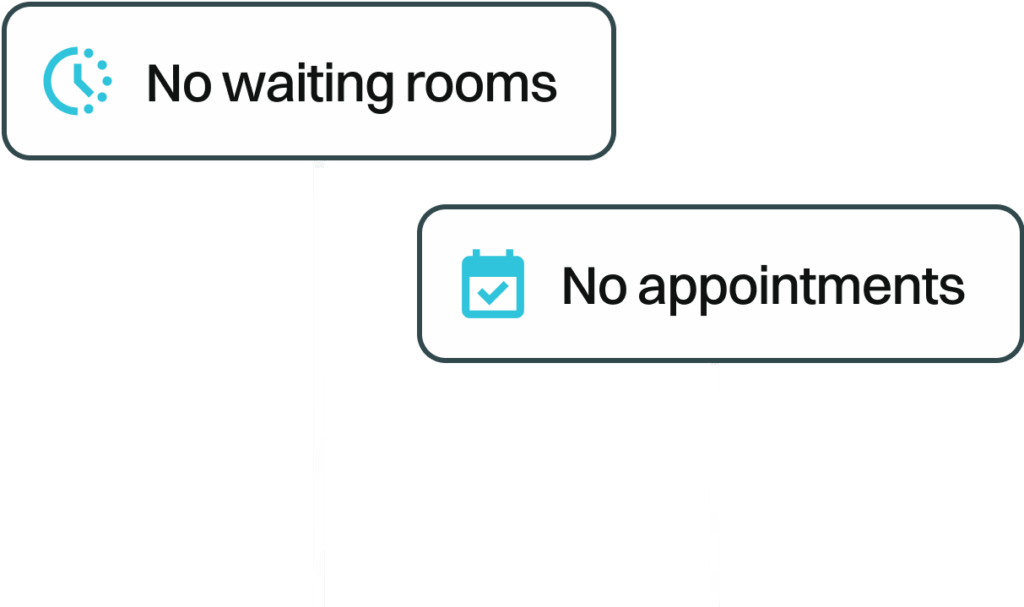Why us?
60K+ patients
Lowest cost
LegitScript verified
100% online
Confidential
No video calls
Online questionnaire
60K+ patients
Lowest cost
 LegitScript verified
LegitScript verified
100% online
Confidential
No video calls
Online questionnaire



